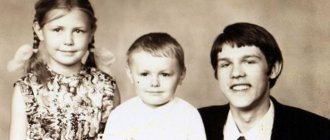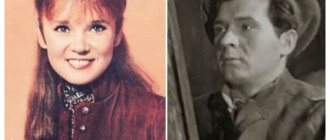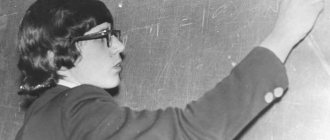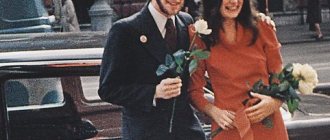Biography
Boris Novikov is a Soviet theater and film actor, who in the mid-90s earned the title of People's Artist of the Russian Federation. His filmography includes a number of leading roles in such films as “Shadows Disappear at Noon”, “Seven Old Men and One Girl” and the show “Zucchini “13 Chairs”.
Actor Boris Novikov
Novikov’s voice is also known to young viewers, because he voiced many cartoon characters, including the postman Pechkin from Prostokvashino. But at the same time, Boris Kuzmich remained in the annals of Soviet cinema primarily as the King of Episodes.
Childhood and youth
He was born in the Ryazan region, at the Ryazhsk station, in a family of ordinary working people. Boris was an obedient, but at the same time very active and inquisitive boy. He did well at school and spent a lot of time in various clubs at the House of Pioneers. But the fates of many of his peers were changed by the war. Novikov was lucky enough to return home alive, after which the guy thought about his education.
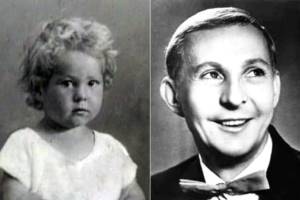
Boris Novikov in childhood and youth
Boris leaves his parents' house and goes to the capital. There he manages to interest director Yuri Zavadsky with his artistic abilities, who accepts the talented young man into his Studio School.
Theater
After completing an acting course, Novikov in 1948 became a member of the troupe of the Mossovet Theater. For a long time, the aspiring actor played a supporting role, but then he was entrusted with the important role of Vasily Terkin in the production of the famous poem. Novikov created a real sensation. Many people thanked him for the fact that he was able to not only convey the image of the character, but also realistically show the feelings of the recent war. Even the author of the poem, Alexander Tvardovsky, was stunned and delighted.
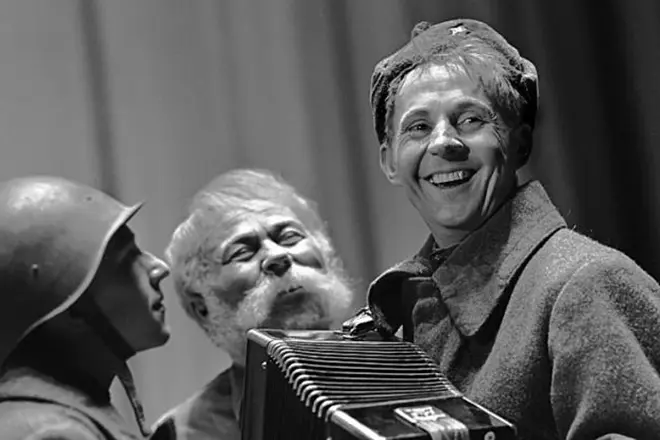
Boris Novikov as Vasily Terkin
But, as often happens, along with success comes envy. Other theater employees began to “poison” the gifted performer, and Boris Novikov decides to change his place of work. He is gladly invited to the Maly Theater troupe, but ill-wishers call there on the phone and discredit the actor in front of the new management. Of course, the transition did not take place.
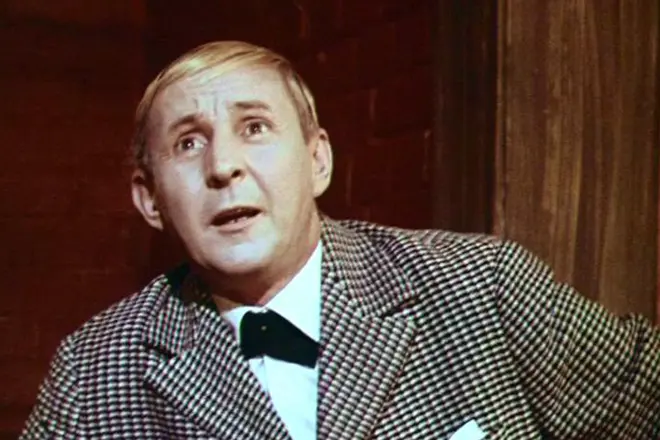
Boris Novikov in the show “Zucchini “13 Chairs”
But Valentin Pluchek from the Satire Theater decided not to pay attention to idle conversations. Novikov approached him like a professional, and for almost 10 years Boris Kuzmich gratefully proved almost every day that the great director was not mistaken. But in 1972, he still had to end his theatrical career due to serious health problems. Since then, Novikov has focused on cinema.
[edit] Links
- Alexander Novikov (Russian). KinoPoisk. Retrieved September 16, 2016.
- Alexander Novikov (Russian). Glanz.ru. Retrieved September 16, 2016.
- Alexander Novikov (Russian). "Voices behind the scenes." Retrieved July 26, 2016.
- Heroes of the invisible front. The most famous video game voice actors (Russian). "Mail.Ru Games". Retrieved September 16, 2021.
- Save the Arctic: the premiere of the cartoon “Norm and the Indestructible” (Russian) took place in Moscow. "Vesti.ru" (March 22, 2016). - news (“A wonderful director and a true dubbing professional, Alexander Novikov, works with our stars...”). Retrieved September 16, 2016.
- The premiere of the cartoon blockbuster “Norm and the Indestructible” took place in Moscow: first impressions (Russian). Film.pro (March 22, 2016). Retrieved September 16, 2021.
- Polkino. Guest in the studio. Alexander Novikov (Russian). Radio "Mayak" (April 6, 2012).
- Aleksand Gavrilin
TOP dubbing. Alexander Novikov. "Twilight" behind the scenes and more. youtube.com (08/21/2018). Retrieved September 1, 2021.
Movies
During his long creative life, Boris Novikov took part in more than 150 projects. It is interesting that at first he was offered negative roles of drunkards, shirkers and bandits, but then the directors began to understand that, firstly, the actor’s type did not correspond to these characters, and secondly, Novikov himself was capable of much more.
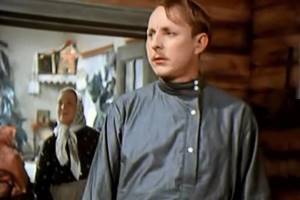
Boris Novikov in the film "Quiet Don"
Boris himself considered Sergei Gerasimov’s film “Quiet Don” to be his real debut. He got the small role of Mitka Korshunov, but the actor played this character beyond all praise. And after playing the roles of hairdresser Matvey Yakovlevich in the comedy “Girl with a Guitar,” the secretary of the Komsomol organization in the social drama “My Friend Kolka,” and especially the jeweler Isaac Liberzon in the action-packed television series “His Excellency’s Adjutant,” Novikov began to be called the “King of Episodes.”
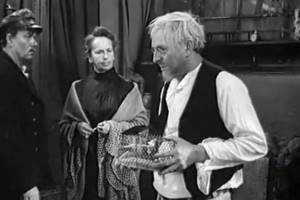
Boris Novikov in the film “His Excellency’s Adjutant”
But one should not assume that Boris Kuzmich did not have leading characters. He played leading roles in the film adaptation of Pushkin’s “The Shot,” in the comedy “Seven Old Men and One Girl,” the historical film “Shadows Disappear at Noon,” the drama “Father and Son,” and the grotesque comedy “Talking Monkey.”
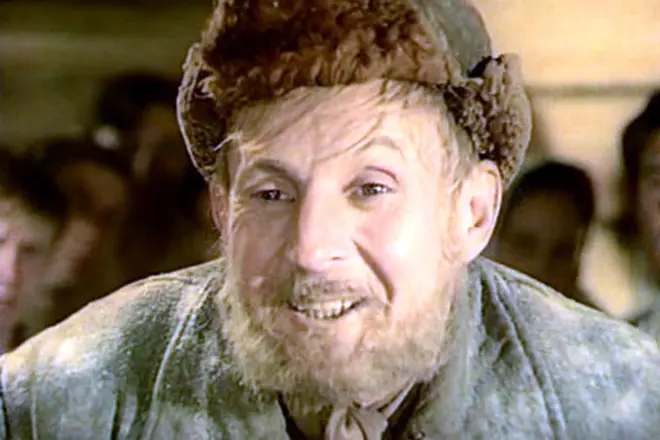
Boris Novikov in the film “Shadows Disappear at Noon”
The last film in which Boris Novikov starred was the adventure film “The Return of the Battleship,” released in the year of his death. The actor appeared in the detective story “Transit for the Devil,” but his “role” was assembled from footage shot for the film “Your Will, Lord!”, and the image was voiced by another performer, Yuri Sarantsev.
Personal life
Boris Novikov met his only wife Nadezhda Klimovich during his student years. The girl also studied to be an actress, their relationship developed very rapidly. Soon the young people got married. By the way, husband and wife did not work in the same theater, although this practice is quite common in acting families: Nadezhda Antonovna performed in the Moscow Youth Theater.
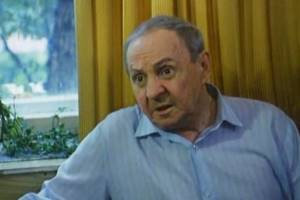
Boris Novikov
In 1949, their son Sergei was born. But instead of the expected joy, the couple faced an additional test of strength. The boy was born very sickly, and over the years it became clear that he was developmentally behind his peers. Nevertheless, Sergei managed to finish school and even studied at the institute, but then a mental disorder made itself felt.
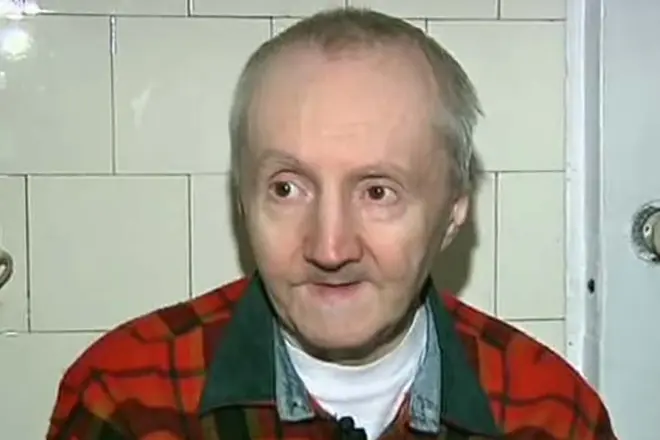
Sergei Novikov, son of Boris Novikov
Boris Novikov and Nadezhda Klimovich until the end of their days looked after their sick son, looked after him and cared for him. Later, after the death of his parents, unknown scammers sent the man to a psychiatric clinic and took away his living space. And only thanks to the intervention of neighbors and the Screen Actors Guild, Novikov’s apartment was returned to his son, where he still lives under the supervision of a nurse.
Another tragedy
His wife Nadezhda Antonovna experienced the actor’s death the hardest of all. The woman withdrew into herself and stopped communicating with friends and relatives. The Guild of Film Actors began to patronize Nadezhda Novikova and her seriously ill son. They were provided with medical and material assistance.
Year by year, Nadezhda Antonovna’s health condition noticeably deteriorated. One day she fell in her apartment and broke her hip. This event turned out to be fatal. The widow of the famous actor fell ill. She died on September 18, 2008.
Death
Back in the early 70s, Boris Novikov began to develop diabetes. Because of this illness, the actor was forced to say goodbye to the theater stage and focus on cinema. Recently the family lived very poorly. Not only was there practically no work for older generation actors in the 90s, but Boris Kuzmich’s illness required large financial expenses. But the old people also had to take care of their disabled son.
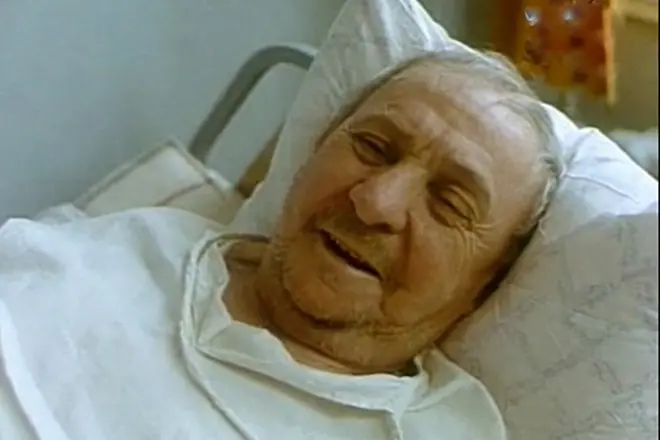
Boris Novikov in recent years
But Novikov was a very modest and secretive person. He did not turn to any of his past acquaintances for help. Only Leonid Yarmolnik provided assistance to the elderly family, who sent them a certain amount every month.
Just as quietly and unnoticed as he lived in recent years, Boris Novikov passed away into another world. He died of diabetes causing cardiac arrest on July 25, 1997, less than two weeks after his 72nd birthday.
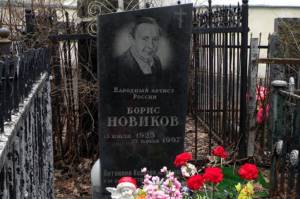
Boris Novikov's grave
The actor’s death was not reported either in the press or on television. Much later, journalists from one of the publications, having learned about the tragedy, published a note. Fans of the artist raised money, which was used to erect a tombstone.
Theater works
Roles in the theater. Mossovet (1948—1963)
- “The Resentment” by A. A. Surov
(May 29, 1948 - premiere), 1st truant,
Dir. Vasily Vanin - “Oleko Dundich” by A. G. Rzheshevsky and M. A. Kats
(1948 - introduction to the play), old gypsy,
Dir. Yuri Zavadsky - “Krechinsky’s Wedding” by A. V. Sukhovo-Kobylin
(March 2, 1949 - premiere), servant,
Dir. Vasily Vanin - “The Cup of Joy” by N. Vinnikov
(March 6, 1950 - premiere), Misha Kargin,
Dir. V. A. Kolesaev - “Minority Report” by S. Klebanov, A. Maryamova
(May 21, 1950 - premiere), Yura, driver Drobot,
Director: Yu. Zavadsky, A. A. Shaps - “Third-year student” by A. V. Borozina and A. G. Davidson
(July 21, 1950 - premiere), Viktor Sobolev,
Dir.: I. S. Anisimova-Wulf, K. K. Mikhailov - “Dawn over Moscow” by A. A. Surov
(November 18, 1950 - premiere), Cameraman,
Dir.: Yuri Zavadsky, A. A. Shaps - “Fashion Shop” by I. A. Krylov
(1951 - introduction to the play), Andrey, Lestov’s servant,
Dir. Yu. A. Shmytkin - “A Story about Turkey” by Nazim Hikmet
(March 21, 1953 - premiere), guard, 2nd policeman,
Dir.: Yu. A. Zavadsky, E. I. Stradomskaya - “Restless Position” by A. Ya. Kozhemyakin
(June 27, 1953 - premiere), editorial employee, driver Tsvetkov,
Director. Yu. A. Zavadsky, Yu. A. Shmytkin - “First Spring” by G. E. Nikolaeva and S. A. Radzinsky
(June 21, 1955 - premiere), Stenya Bobrikov,
Dir.: Yu. A. Zavadsky, E. I. Stradomskaya - “In a Quiet Lane” by A. I. Movzon
(December 9, 1955 - premiere),
Dir. A. L. Shaps - “Three” by M. Gorky
(November 30, 1956 - premiere),
Dir. Mikhail Sidorkin - “Immense distances” by N. E. Virta
(November 4, 1957 - premiere), Nikita Streshnev, “The Denier”
Dir. Yu. A. Zavadsky - “The Battle on the Way” by G. E. Nikolaeva, E. Radzinsky
(February 3, 1959 - premiere),
Director: Yu. A. Zavadsky, A. L. Shaps - “First Date” by T. G. Sytina
(February 18, 1960 - premiere),
Dir. O. Ya. Remez - “Vasily Terkin” by A. T. Tvardovsky
(February 23, 1961 - premiere), Vasily Terkin,
Dir. A. L. Shaps
Roles at the Moscow Satire Theater (1963-1972)
- “Gury Lvovich Sinichkin” (02/27/1963 - premiere) by V. Dykhovichny and M. Slobodsky
(input), -
Pustoslavtsev
Director: D. V. Tunkel - “Terkin in the Other World” by A. T. Tvardovsky (02/6/1966 - premiere), friend, Dir. Valentin Pluchek
- “The Old Maid” by I. Shtok (April 10, 1966 - premiere), Churin, Dir. A. B. Shatrin
- “Intervention” by L.I. Slavin (05/13/1967 - premiere), pharmacist, Dir. Valentin Pluchek
- “The Last Parade” by A. Stein (08/28/1968 - premiere), Dir. Valentin Pluchek
- “A Crazy Day, or The Marriage of Figaro” by P. Beaumarchais (04/4/1969 - premiere), servant, Dir. Valentin Pluchek
- “Captive of Time” by A.P. Stein (April 8, 1970 - premiere) Stage director V. Pluchek - Wanderer of the Seas
- “The Inspector General” by N. Gogol (03/26/1972 - premiere), Dir. Valentin Pluchek
Roles in other theaters
- 1953 - “Shadows” based on the play by M. E. Saltykov-Shchedrin, Role - I. M. Svistikov, Director.
Alexey Dikiy -
Moscow Drama Theater named after A. S. Pushkin
